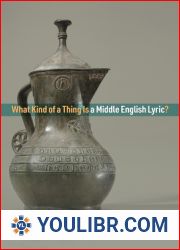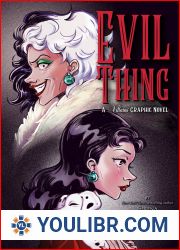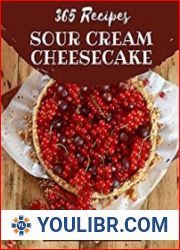
BOOKS - What Kind of a Thing Is a Middle English Lyric? (The Middle Ages Series)


US $7.57

90833

90833
What Kind of a Thing Is a Middle English Lyric? (The Middle Ages Series)
Author: Cristina Maria Cervone
Year: August 30, 2022
Format: PDF
File size: PDF 17 MB
Language: English
Year: August 30, 2022
Format: PDF
File size: PDF 17 MB
Language: English
What Kind of a Thing Is a Middle English Lyric? considers issues pertaining to a corpus of several hundred short poems written in Middle English between the twelfth and early fifteenth centuries. The chapters draw on perspectives from varied disciplines, including literary criticism, musicology, art history, and cognitive science. Since the early 1900s, the poems have been categorized as "lyrics," the term now used for most kinds of short poetry, yet neither the difficulties nor the promise of this treatment have received enough attention. In one way, the book argues, considering these poems to be lyrics obscures much of what is interesting about them. Since the nineteenth century, lyrics have been thought of as subjective and best read without reference to cultural context, yet nonetheless they are taken to form a distinct literary tradition. Since Middle English short poems are often communal and usually spoken, sung, and or danced, this lyric template is not a good fit. In another way, however, the very differences between these poems and the later ones on which current debates about the lyric still focus suggest they have much to offer those debates, and vice versa.As its title suggests, this book thus goes back to the basics, asking fundamental questions about what these poems are, how they function formally and culturally, how they are (and are not) related to other bodies of short poetry, and how they might illuminate and be illuminated by contemporary lyric scholarship. Eleven chapters by medievalists and two responses by modernists, all in careful conversation with one another, reflect on these questions and suggest very different answers. The editors' introduction synthesizes these answers by suggesting that these poems can most usefully be read as a kind of "play," in several senses of that word. The book ends with eight "new Middle English lyrics" by seven contemporary poets.










